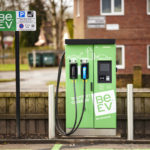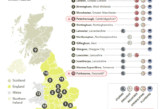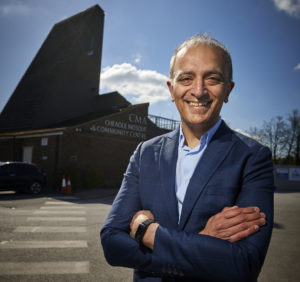 Asif Ghafoor, CEO of national charge network Be.EV, discusses the challenges facing local authorities wanting to install EV chargers and the possible solutions.
Asif Ghafoor, CEO of national charge network Be.EV, discusses the challenges facing local authorities wanting to install EV chargers and the possible solutions.
It’s an exciting time to be in the infrastructure business — we’ve not seen this scale of change for 150 years. The EV transition offers a rare chance to create a legacy of positive environmental impact by building a modern, reliable and future-proof network of chargers.
The Government has set an ambitious target of installing 300,000 EV chargers by 2030. Local authorities control a lot of land across the country. Their installation decisions will therefore prove pivotal in helping or hamstringing the UK’s infrastructure rollout.
However, this is not simply a numbers game. It’s not enough for each council to simply take their percentage of the national target — any fool can put 300 chargers of the wrong speed in the wrong location.
I know of one council which has made a fanfare of announcing a tranche of lamppost chargers to go wherever the public wants. It will get you a headline but it’s not a strategy, and in two years that decision will bite them on the bottom when those chargers are too slow for people’s needs, residents falling over trailing cables and chargers fitted in the wrong locations.
Local authorities must make thoughtful decisions, choose trusted partners, and think about the long-term if they’re going to step up to this crucial part of the climate challenge and come out on top.
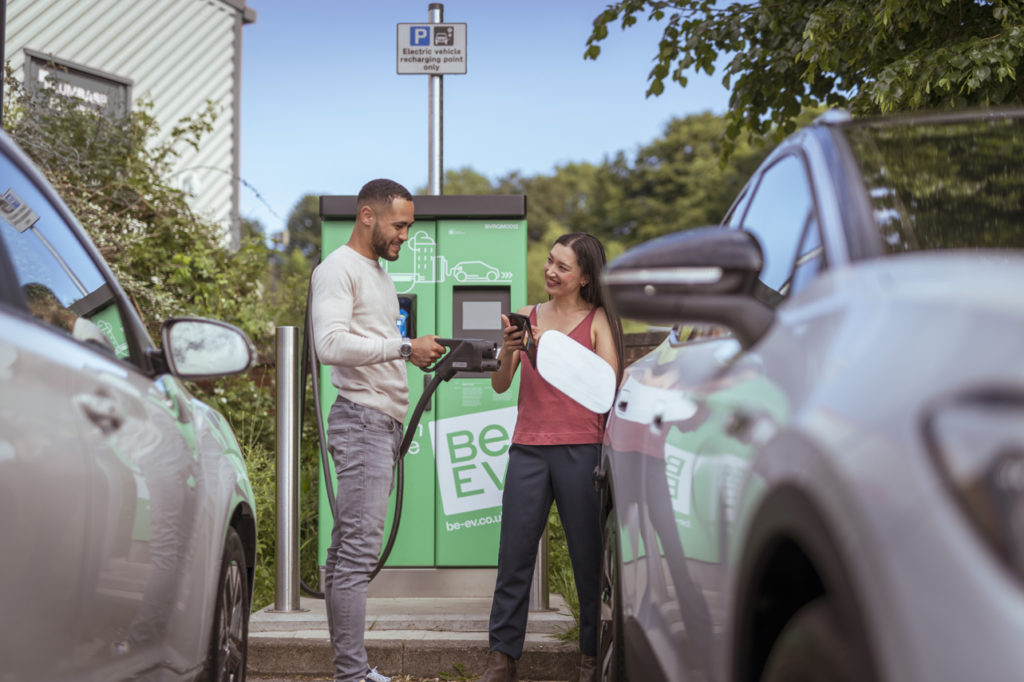 A central issue is the sheer pace at which the EV transition is moving. Local authorities face the novel challenge of finding leaders who are interested and knowledgeable about the EV industry and its technology, who can plan and deliver a long-term strategy for their borough.
A central issue is the sheer pace at which the EV transition is moving. Local authorities face the novel challenge of finding leaders who are interested and knowledgeable about the EV industry and its technology, who can plan and deliver a long-term strategy for their borough.
Oftentimes, finding one person with all the necessary expertise takes time and effort. Many councils are therefore relying on an amalgamation of sustainability, transport and finance leaders to share the responsibility. In some cases, this produces effective local results. In others, it results in short-term thinking and rushed decisions owing to a lack of knowledge, trustworthy advice, or funds — or a combination of all three.
In all cases, having a robust strategy and plan for implementation in place is crucial, and councils should engage with knowledgeable companies who want long-term relationships and will advise them likewise.
Private companies like ours are willing to work, free of charge to help share data so the council can write the strategy. Our model is simple, we pay for the chargers, the installation, the service costs, and even give councils a cut of the revenue — just provide us with access to the land.
In some cases we are seeing tender processes ending in no bids because the council is demanding to be able to seize chargers if they aren’t happy with the service while also asking bidders to accept unlimited liability. We’ve even submitted tenders which were never opened because the council abandoned the procurement and ended up with no chargers. Such unrealistic terms from councils with the wrong expectations are slowing progress.
We are on a journey and looking for long-term partnership, our leases of car park bays are typically 15 to 20 years — long enough to turn a profit. That’s not the behaviour of short-term, quick buck business — we aren’t in it to cut and run. We spend time working with the council to ensure we take spaces which they can give up for a long-term and give them rights in our leases to move us around the site if need be.
This is where private expertise and capital can offer real value. Companies like ours have the data and the facts to map towns and cities to show where the best places to put chargers are.
Using AI software we can tell you this is the current coverage, this is where people dwell, for example near a shopping centre, and this is the number of people within a 10-minute walk.
Some councils are making brilliant progress — the rollout by the likes of Transport for Greater Manchester should be seen as the gold standard. This local body’s success can be largely attributed to their well-appointed steering group, who developed their phased installation plan with the support of external expertise. Other good examples are Trafford Council who built neighborhood hubs.
The public and private sectors should be working together, sharing knowledge and collaborating on long-term strategies. The EV transition is a mammoth effort, and neither side will get there alone.
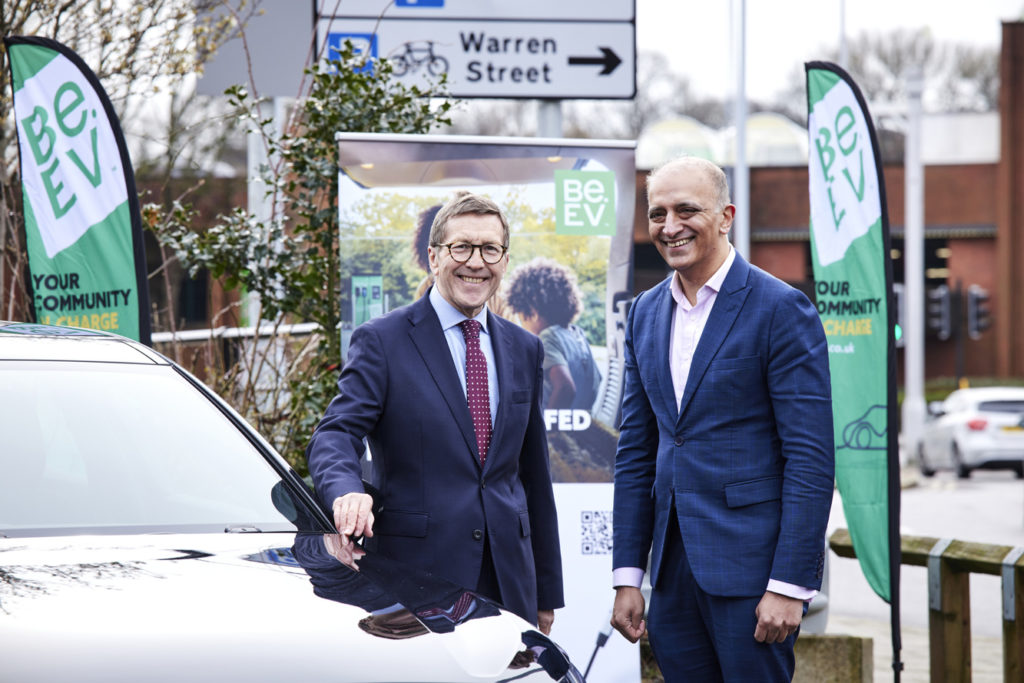
Our vision is charging should fit around your existing lifestyle — installations in local hubs an existing car park where people can grab a coffee and some groceries while they connect to a rapid or ultra-rapid charger for 30 minutes or on busy traffic routes. Maximize the use of power.
We also must educate the public on what they should expect from this infrastructure. A lot of residents expect chargers outside their door, which is simply not viable from a power perspective. It is not viable from the perspective of street clutter, from the risk of tripping over cables, not getting a wheelchair or a pram past and being able to be charged and be on your way in 20 minutes.
We didn’t start installing petrol pumps outside people’s houses when mass motorcar ownership happened and EV chargers outside every home won’t solve the rising challenge of mass electrification.
Just like EV drivers concern themselves with how long their range is, those providing the charging should be thinking about how long-term those solutions are.
If we are truly serious about tackling the climate emergency and giving communities clean air then private and public sectors need to be in lockstep, in partnership and mutually beneficial — it’s the only way to accelerate change.
Last October Be.EV partnered with Warrington Borough Council to boost Warrington’s rapid charging provision. More on the partnership here.


